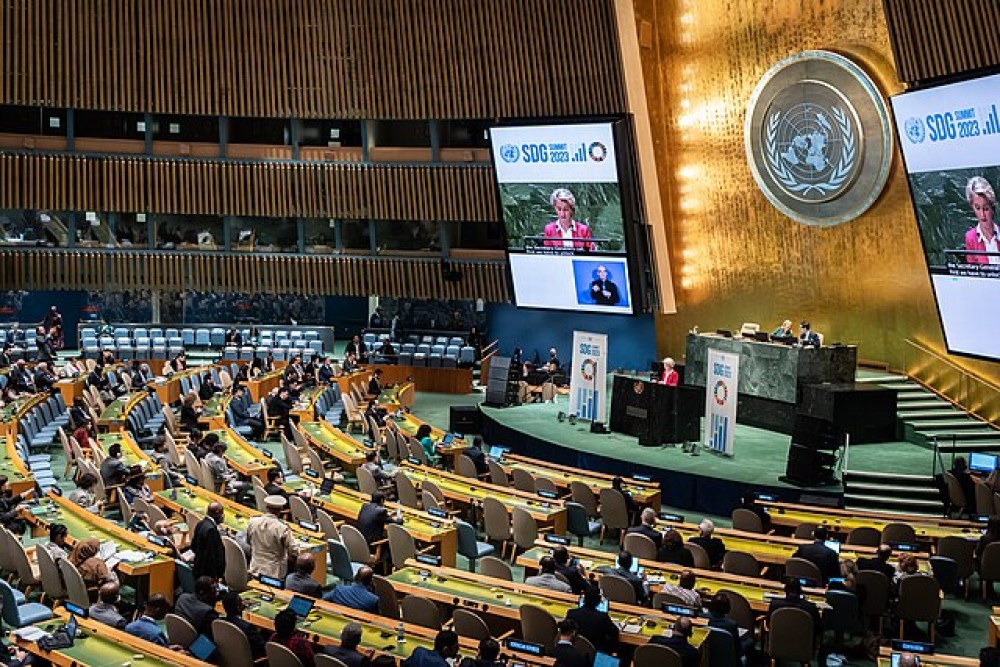
As of September 15, 2023, a historic gathering took place during the UN General Assembly in New York, where 28 women serving as heads of state or government convened to address the challenges faced by women and girls worldwide. This assembly, known as the Platform of Women Leaders, was established in 2022 and holds its annual meeting during the high-level week of the UN General Assembly each September. This year's focus was on accelerating the implementation of Sustainable Development Goal (SDG) 5, which centers on achieving gender equality.
A recent report by UN Women and the UN Department of Economic and Social Affairs underscored that an additional investment of USD 360 billion per year, globally, is necessary to realize SDG 5. "The price tag for SDG 5 is in—we can afford it, and we need to pay it," emphasized UN Women Executive Director Sima Bahous.
Political and economic representation took center stage in the discussions. Bangladesh Prime Minister Sheikh Hasina emphasized that gender equality is not an option but an imperative for a fair and just world. She outlined her commitment to increasing women's representation across various sectors through a combination of affirmative action and professional competence.
Slovenian President Nataša Pirc Musar praised legal mechanisms in the European Union that promote gender equality, particularly directives boosting women's representation on corporate boards. She acknowledged that ambitious women face cultural and political hurdles and expressed her aspiration to inspire the next generation of female leaders.
Additionally, the Prime Minister of Sint Maarten, Silveria E. Jacobs, shed light on the challenge of getting more women to participate in government due to concerns about online harassment. Former New Zealand Prime Minister Helen Clark echoed this sentiment, highlighting that personal attacks against female politicians are disproportionately common and can deter women from entering politics.
Mariya Gabriel, Deputy Prime Minister and Minister of Foreign Affairs of Bulgaria, emphasized the need to encourage more girls and women in innovation and entrepreneurship while also prioritizing online safety. She called attention to the gender disparity in venture capital investment and expressed her commitment to diversifying these investments.
The President of Hungary, Katalin Novák, stressed that one woman's presence is insufficient in decision-making spaces. She highlighted the need for systemic change and greater inclusivity in politics.
The discussions resonated with Dina Ercilia Boluarte Zegarra, President of Peru, who shared the challenges of overcoming deeply entrenched cultural barriers. She emphasized the importance of shifting societal mindsets from male chauvinism to respect for women.
UN Women Executive Director Sima Bahous affirmed that gender equality is not a mere aspiration but an essential investment in a sustainable future.
As Bahous reiterated, gender equality is the investment we must prioritize in a world that is falling short of achieving sustainable development goals. The Platform of Women Leaders' resolute commitment signals a collective determination to place gender equality at the forefront of the United Nations' agenda.
